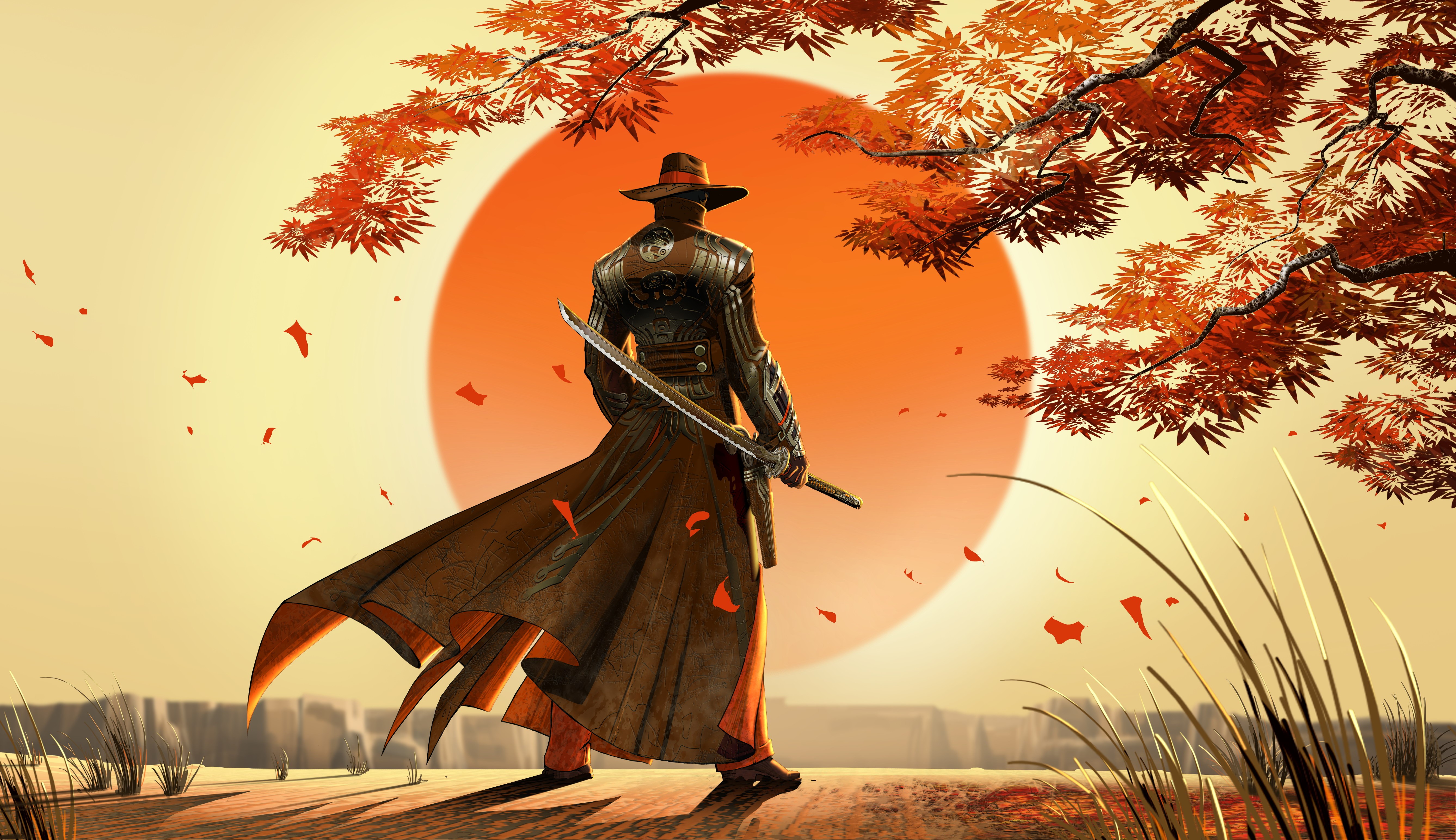test article creation 4
The samurai were elite warriors of feudal Japan, known for their strict code of honor, loyalty, and discipline called Bushido. Serving powerful lords (daimyō), they were both skilled swordsmen and educated individuals. Beyond the battlefield, samurai often studied philosophy, poetry, and calligraphy, embodying both martial and cultural excellence.

Samurai Qualities
Key Qualities of a Samurai:
- Honor – A deep commitment to integrity and doing what is right, even at great personal cost.
- Loyalty – Absolute dedication to their lord, family, and code.
- Discipline – Mastery of self-control in both combat and daily life.
- Courage – Fearlessness in battle and in facing death.
- Respect – For authority, tradition, and others, including enemies.
- Justice – A strong sense of fairness and responsibility.
- Benevolence – Compassion and protection toward the weak.
- Wisdom – Seeking knowledge in philosophy, strategy, and the arts.
- Selflessness – Placing duty and others before personal gain.
- Determination – Perseverance through hardship without giving up.
Samurai Story
The samurai were the warrior elite of feudal Japan, active from the 12th to the 19th century. More than just fighters, they belonged to a respected social class governed by a strict ethical code known as Bushido, or “the Way of the Warrior.” This code emphasized values such as honor, loyalty, courage, self-discipline, and duty. Samurai were trained from a young age in martial arts, especially swordsmanship with the katana, archery, horseback riding, and military strategy. However, their education extended beyond combat; they were also expected to study poetry, calligraphy, philosophy, and history, making them both warriors and cultured individuals.
Samurai served powerful regional lords called daimyō, who in turn pledged loyalty to the shogun, the military leader of Japan. Loyalty to one’s master was absolute—so much so that a dishonored samurai might perform seppuku (ritual suicide) to preserve or restore their personal and family honor. This harsh code of ethics created a warrior class that was both feared and respected.
Over time, during long periods of peace like the Edo period (1603–1868), the role of the samurai evolved. Many became administrators, scholars, or bureaucrats, but they retained their identity and values as warriors. With the Meiji Restoration in the late 19th century, Japan modernized its military and government, officially dissolving the samurai class. Still, the legacy of the samurai lives on today—in martial arts, Japanese culture, and global admiration for their discipline and honor-bound way of life.
The 3 Greatest Samurai in History
1. Miyamoto Musashi (1584–1645)
Perhaps the most famous samurai in history, Miyamoto Musashi was a master swordsman, strategist, and philosopher. He fought in over 60 duels—many to the death—without ever being defeated. His most legendary duel took place in 1612 against Sasaki Kojirō, whom he famously defeated using a wooden sword he carved from an oar.
Musashi is also known for writing The Book of Five Rings, a treatise on strategy, combat, and philosophy that is still studied today by martial artists and business leaders alike. Musashi’s life was marked by solitude, discipline, and constant self-improvement. His dual-wielding sword technique (niten ichi-ryū) revolutionized Japanese swordsmanship.
2. Oda Nobunaga (1534–1582)
Although best known as a powerful daimyō (warlord), Oda Nobunaga began his career as a samurai and maintained the warrior’s mindset throughout his rise. He played a crucial role in the unification of Japan during the Sengoku period, bringing an end to decades of civil war.
Nobunaga was a brilliant tactician and ruthless in battle. He modernized warfare by introducing firearms into his army and implemented radical reforms to weaken the power of rival clans and religious institutions. Despite his ambition and power, he met a tragic end when he was betrayed and forced to commit seppuku in 1582.
3. Tomoe Gozen (late 12th century)
One of the few female samurai (onna-bugeisha) to become legendary, Tomoe Gozen fought during the Genpei War (1180–1185), a conflict between the Taira and Minamoto clans. She served under Minamoto no Yoshinaka and was known for her strength, beauty, and unmatched combat skill.
According to historical accounts, Tomoe was an expert archer and swordswoman who fought bravely alongside male warriors. She is said to have slain several enemies in single combat, including taking the head of a famous samurai on the battlefield—a rare honor. Her story defied gender norms of the time and inspired generations.